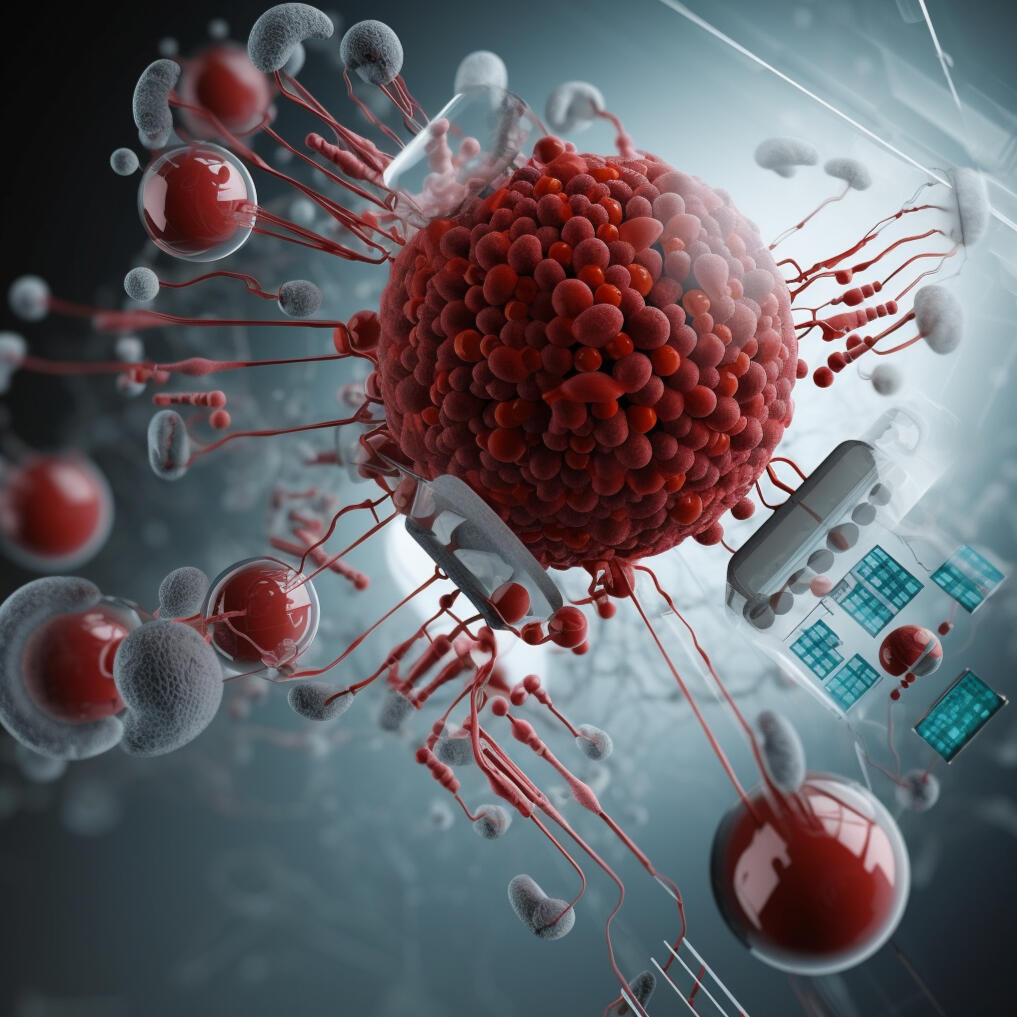Bridging the Gender Gap in Healthcare
Women's health has historically faced significant disparities and challenges —the delayed diagnosis of women compared to men, the underrepresentation of women in clinical research until recent decades, and the inadequate funding allocated to women's health research. Women's healthtech companies currently receive 3% of all digital health funding.

Ignored in Post Reproductive Age
Women spend more than a third of their lives in peri- or post-menopause, and trends indicate that 1.2B women globally will be in these life stages by 2030. Menopause and its associated symptoms are not captured in global disease burden databases, which look broadly at causes of death, diseases, injuries, and health risk factors. There are significant opportunities for improving women's health, including maternal health, endometriosis, and menopause.
No Solutions for tech savvy Generation
Women possess exceptional aptitude in technology, showcasing an impressive level of proficiency. In order to promote enhanced acceptance from this savvy generation, it is imperative that we develop advanced solutions that capitalize on the potential of technology (hardware & software) with artificial intelligence to provide real-time predictive solutions rather than just static reactive solutions.


Auto Immune Diseases - A catch All
Despite reporting more severe levels, frequency, and duration of pain, reports show that women are less likely to be treated for pain or worst, most of it gets attributed to "Auto Immune Diseases" and generally NSAIDs or steroids are provided as the only option. Approximately 80% of all patients diagnosed with autoimmune diseases are women.
Recent scientific advances in genomics, tissue engineering, and cell and gene therapy can be applied to address female-specific conditions.
healthy aging is an aspiration for women
Bias is complicated.
Modern medicine was developed with male physiology as the default. A predisposition to the male body type has long been reflected in medical training, diagnoses, and therapeutic development, which has influenced how physicians and scientists have come to understand human physiology. As a result, men and women historically can have very different health outcomes.58% of all women (40-65 yrs of age) have reported high/significant healthy aging concerns (source: FemAging Index 2023).
Join us
What actions can individuals, organizations, and the healthcare industry take to address these disparities and promote gender equity in healthcare? We encourage you to engage in an open and thoughtful discussion, sharing your perspectives, insights, and potential solutions to bridge the gender gap in healthcare.

